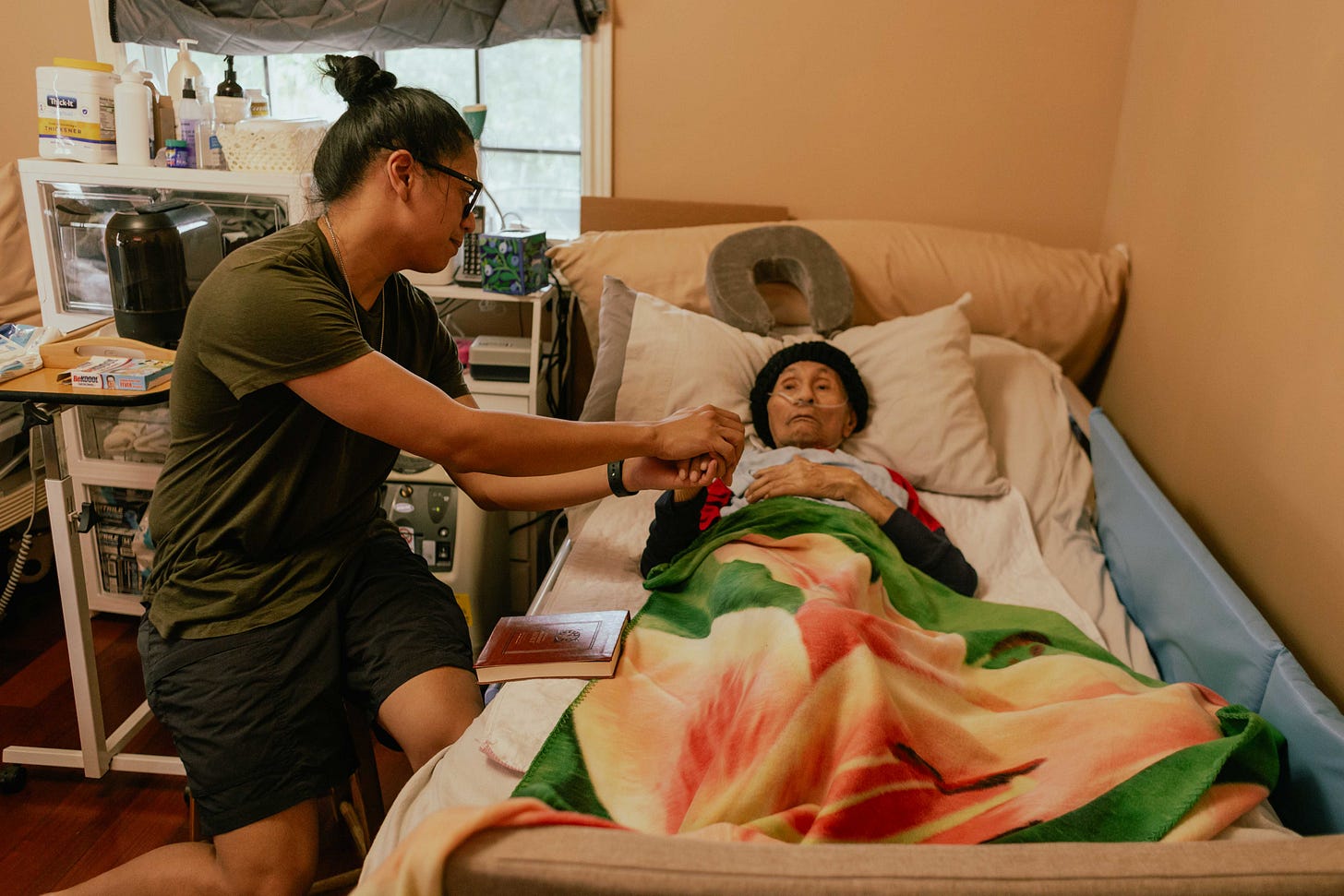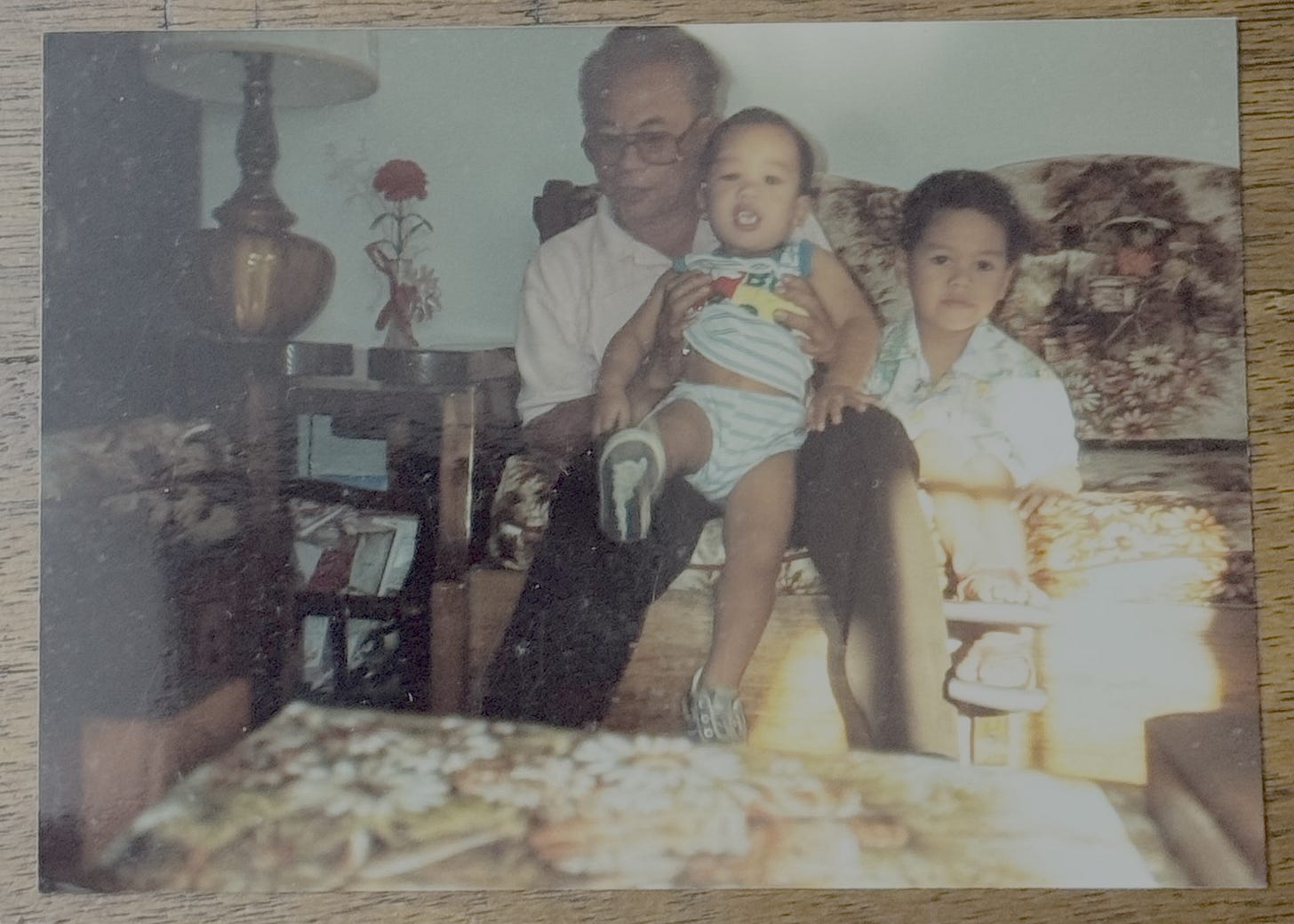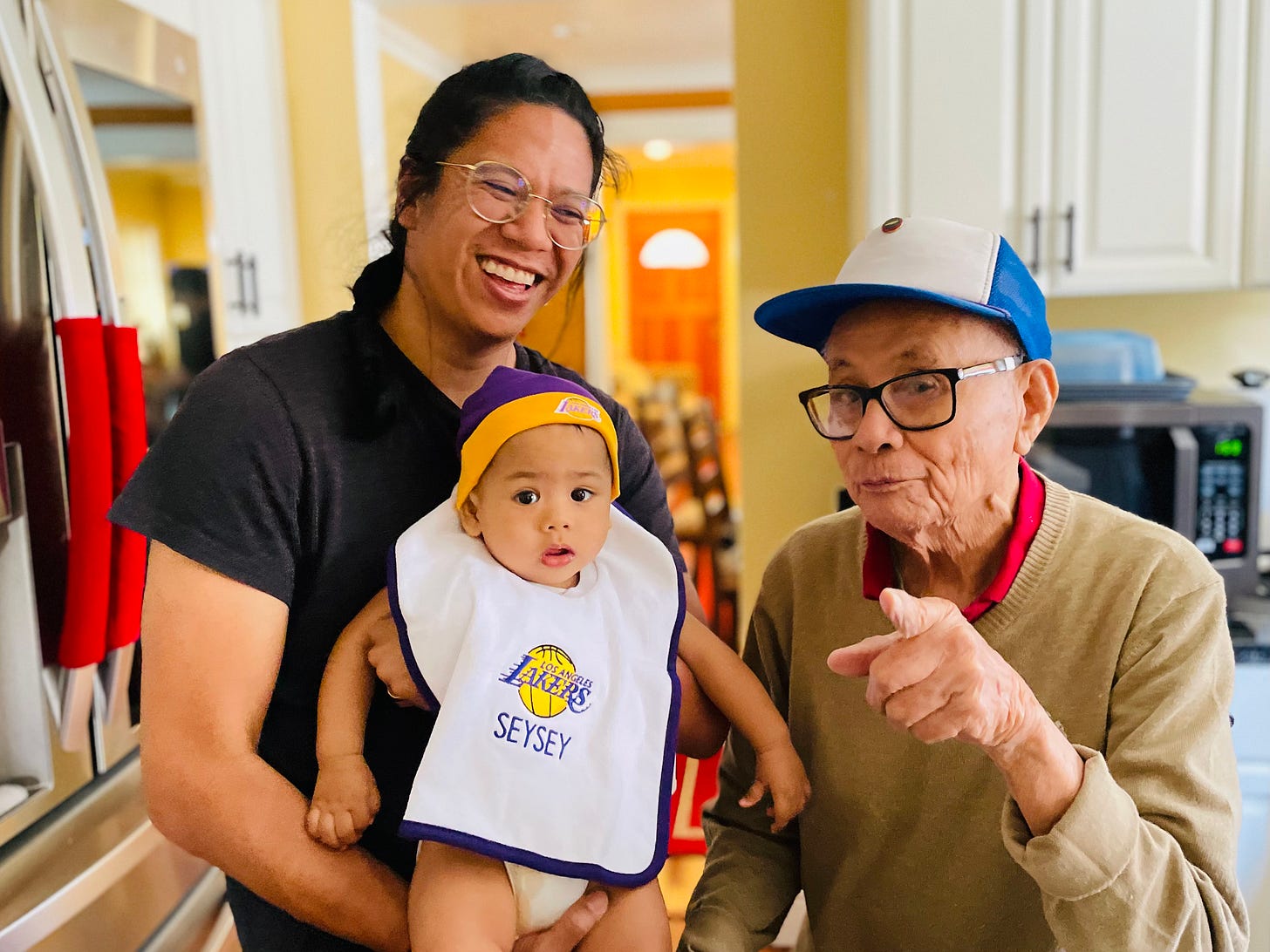Return Migration
Reflections on life, death, and return - in memory of Grandpa, in solidarity with migrants
My Grandpa, Jose Palero Estrella passed away on June 4, 2025.
His journey in life and in death has made me reflect a lot on return migration and how it relates to the idea of “impermanent residence” — the title of my newsletter. For me, impermanent residence has been a play on words to describe both the temporary status of migrant workers in their host countries — which most of my documentary work focuses on — and simultaneously, the passing and impermanent nature of our time on earth more generally. Given migrants’ temporary legal status in places like Hong Kong, return migration refers to the inevitability of a return to a migrants’ homeland when they are done working; whereas, at a larger scale, our impermanence on earth means that death is also a kind of return migration — a return back to the earth with the hope of eternal renewal. In light of my grandpa’s death, I’ve been thinking about how impermanent residence might be a way to envision return migration as a kind of hopeful return and renewal of our homelands — for both the living and the dead.
The themes of death and migration have come up a lot as I’ve filmed migrant activists for my current project. Last summer, I went with Jovie, one of the domestic workers I’m filming in Hong Kong, to attend her aunt’s funeral in the Philippines. I was struck by the immense care that went into the funeral preparation and the procession itself. Despite the unrelenting summer sun, family members marched over one mile to deliver their beloved to her final resting place. I couldn’t help but think about how the funeral march reminded me of the migrants’ protest rallies I had filmed in Hong Kong. I began to see parallels between the ways migrant activists cared both for the dead and the living. I witnessed how in taking death seriously, they could take life more seriously and how deeply caring for the dead strengthened their resolve to challenge the conditions that lead to death and suffering for the most marginalized.
So here I am reflecting on the death of my grandpa — to grieve and to love him well, but also to reflect on how his migration journey has informed my own understanding of migration and the homeland. One of Grandpa’s earliest migrations was in 1979 when he left the Philippines to immigrate to the US, and specifically to Los Angeles, where I was later born. He left to escape impoverished conditions and to make a better life for his family, not unlike many migrant domestic workers today. As I think back on my family’s history of migration, I see how their struggles to survive parallel the experience of many of the migrants I come across every day in Hong Kong. Hearing the migrants’ stories and recognizing how easily their stories could be mine has compelled me to long for a better world with them.
On his death bed, I read my grandpa liturgical prayers, shared my favorite memories with him, and tried to put him at ease about his eventual passing. I also tried to imagine with him about what heaven might look like. My thoughts immediately went to thinking about heaven as some alternate version of the Philippines where Grandpa could reunite with the family members who had passed before him. I shared about how in this heavenly version of the Philippines, he could run freely in the fields with his brothers and sisters and harvest fresh fruits to enjoy with his mom and dad. I told him he could farm the land and plant rice, not because he needed it to survive, but because he could whole-heartedly love and enjoy the land that he had to leave many years ago.
Admittedly, this vision of heaven is influenced by the time I’ve spent with my migrant friends, who could wish for nothing more than to return to their homelands and freely enjoy the fruits of the harvest with their families. I wish so much this can be true both for Grandpa in heaven and for my migrant friends and those in situations like them on earth. More now than ever, I’ve clung to line in the Lord’s Prayer when Jesus asks for God’s will to be done “on earth as it is in heaven.”
I hope my imagination has come true and that Grandpa is enjoying the taste of freshly picked mango with his parents and siblings in a heavenly homeland that looks like the Philippines. I hope too a day is coming when migrants can choose to freely be with their families back home whenever they like and to enjoy the fruits of their labor — not only in the next life, but in this one too. Until that day, we keep fighting for a world of renewed homes and homelands — ones free of forced migration.
As I think about my grandpa and the many migrants who long for a return and renewal of home, I’ve been coming back to this prayer: In life, in death, in life beyond death, God is with us. We are not alone. Thanks be to God. May our love for those who are gone strengthen our love and resolve to fight for the living. Amen.
Rest in Peace, Grandpa. Enjoy your return. We’ll keep up the fight until we see you again. <3
More Reflections on Grandpa
I wanted to share a few more personal reflections on my Grandpa. One is a video titled “709 Mississippi” (see above). It’s about some of the special memories I had with my grandpa as a kid when we lived in a red brick house on the corner of 8th Street and Mississippi Avenue in Roswell, NM. The piece was one of the eulogies shared at my grandpa’s funeral. The other is a written piece called “Growing Old,” where I reflect on how aging and death often feel like the loss of color (see below).
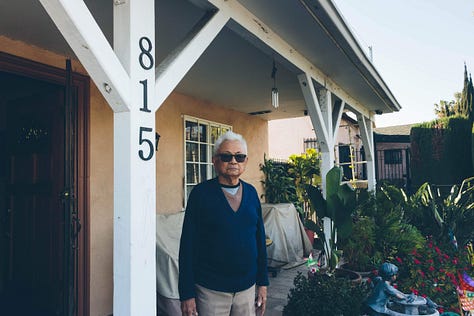
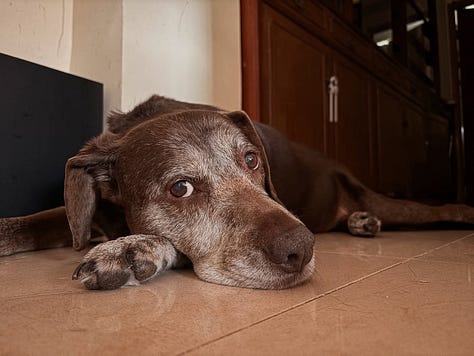
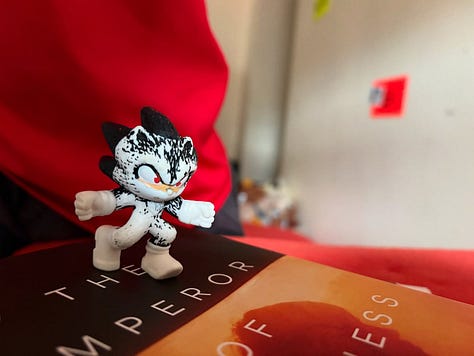
Growing Old
Does your paint come off when you get old?
The question Seysey asks when seeing the white paint breaking through Shadow’s ruffled black exterior; the distinguished greys forming a peppered beard on Rufio’s face; and the white crown of hair gracing Grandpa’s head.
Since Grandpa’s passing, I can’t help but think about my own paint fading. Perhaps that’s the nature of death. It causes us to grapple with the loss of color. Maybe it’s because on many days, I’ve felt stuck, immobile in a hole of darkness.
The feeling grows knowing today Grandpa’s body finally returns to the earth, into a hole of his own. But maybe I can hold to the hope that his hole is a portal into a world of everlasting color. And so I choose to bask in the light of his sunset, even as the paint fades away.
Rest in colorful glory, Grandpa.
Documentary Updates
If you’re in Hong Kong, join me for a screening of Migrant Women Rise, my first documentary film, at the Breakthrough Book Gallery on August 3, 2025 at 6:30pm. [Info/Registration]
My short film Rumah Ketigaku (My Thrid Home), a story of an Indonesian migrant worker in Hong Kong, is available to watch on New Naratif’s website. [Watch]
I’m in the editing stage of my second feature-length documentary film and will provide more updates about the process soon!
Thanks again for joining me on this journey of Impermanent Residence and for helping me to remember my grandpa!
Francis Catedral is a Filipino American documentary filmmaker and Masters of Divinity graduate. His documentary projects are about the transnational activism of migrant domestic workers in Hong Kong and beyond.


